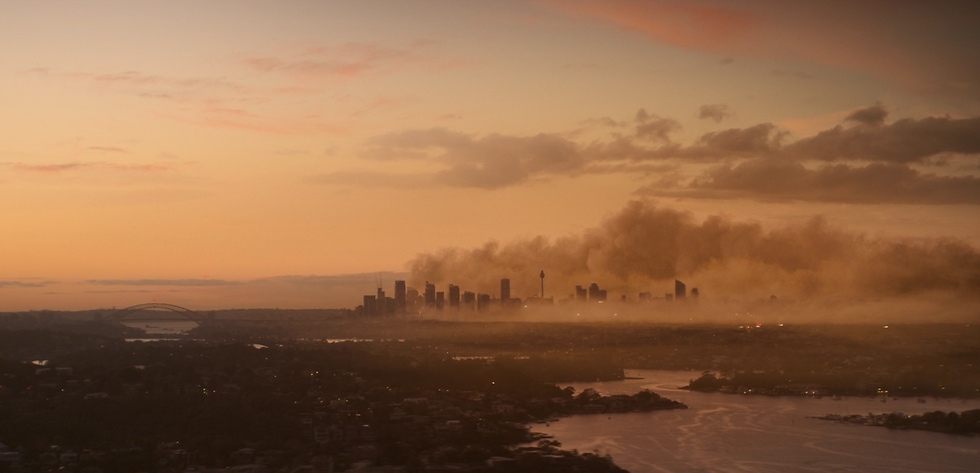NOTES TO ETERNITY
- Erica Brooks

- Jun 2, 2016
- 2 min read
Updated: Sep 19, 2020

Earlier this week I had the privilege of viewing NZ filmmaker Sarah Cordery's Notes To Eternity, a slow burning and occasionally brutal meditation on the Israel/Palestine conflict. Utilising the viewpoints and life experience of four scholars intimately connected with the region (Sara Roy, Noam Chomsky, Robert Fisk and Norman Finkelstein) she explores the complex and nuanced history between the two warring states. Scribbling chaotic notes in the darkness, one of my favourites was a quote from the story Sara Roy told of her mother and her aunt, sisters who endured and survived the Holocaust together. On being liberated they - along with all the other Jews interned in Halbstadt - were given the opportunity to 'do whatever they liked' to their tormentors. A great crowd fell upon the captured German guards and began to tear them to pieces. But the two sisters fell into each other's arms and wept, one of them crying "We must seek justice, not revenge. There is no other way."

Examining the long standing fraternal relationship between the US and Israel, Noam Chomsky had interesting things to say, one of the most hopeful being that "policies change under pressure", and that "the mood in the US has changed considerably over the years, particularly amongst young people". We hear so much, so frequently, about how self absorbed 'Millennials' are, but I have not found this generation to be so. By and large today's young people are more socially, politically and environmentally aware and engaged than other generations before them. Which is a hopeful thing for humanity.

One of the last stories from Robert Finkelstein called to mind another beautiful human whose job was also to 'document, document, document' - Helen Bamber, a psychotherapist who began her work as a first responder in the Nazi deathcamps immediately following liberation, by simply listening to the stories of those who needed to talk about their trauma. To one woman, physically emaciated and in great psychic pain, she offered, "I cant bring back the dead, and I can't change history, but I can tell your story and I can be your witness." The woman poured out every poisonous thing she had experienced, then breathed her last in Helen's arms. It's an intrinsically human need to feel connected, that we matter, that our stories are heard and valued, that we have a voice. And Sarah Cordery's documentary gives voice to those caught in the hopelessness of such a prolonged and painful conflict. Currently screening in theatres around NZ, and definitely worth a watch. View the trailer here.




Comments